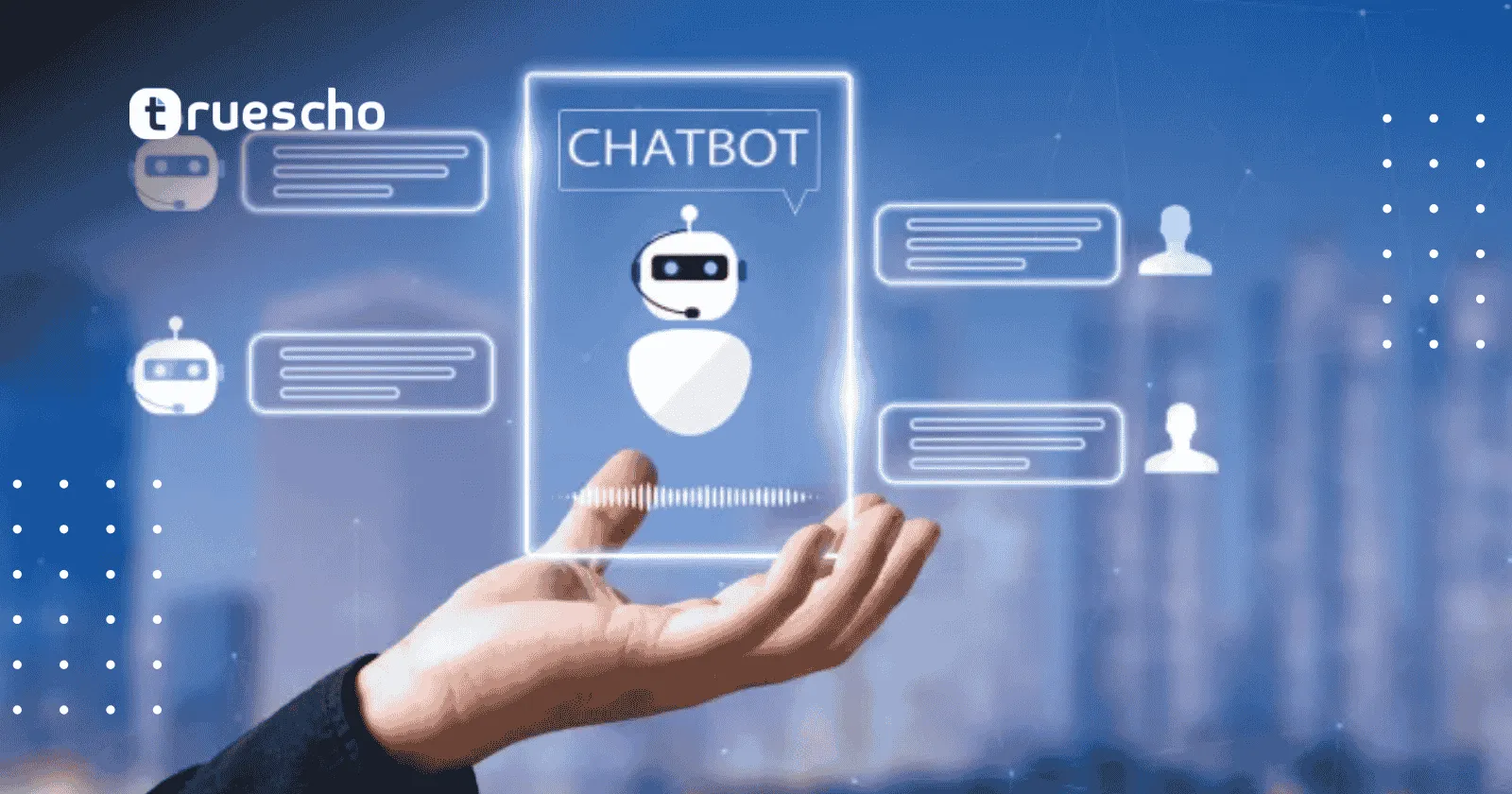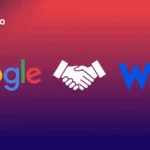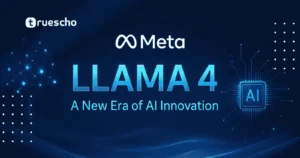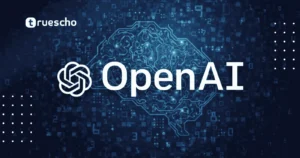Anthropic appears to be using Brave to power web searches for its Claude chatbot
In a move that underscores the ongoing competition among AI developers, Anthropic has introduced a web search capability to its AI chatbot platform, Claude. This new feature brings the chatbot on par with similar offerings from other companies. Although details about the underlying search technology were initially sparse, recent evidence points to Brave’s search index playing a key role. In this article, we dive into the details of this development, explore similar trends in the industry, and discuss what this means for users and developers alike.
Table of Contents
- An Evolving Landscape in AI-Powered Chatbots
- Evidence Pointing to Brave’s Involvement
- Key Points on Anthropic’s Web Search Update
- Drawing Parallels Across the Industry
- Understanding the Benefits of Live Web Search in Chatbots
- Implications for the Future of AI Chatbots
- What Users Can Expect Moving Forward
- Industry Reactions and Future Prospects
- Conclusion
An Evolving Landscape in AI-Powered Chatbots
The integration of live web search has become an important differentiator for AI chatbots. By providing up-to-date information in response to user queries, web search functionality helps ensure that answers are both accurate and timely. For Anthropic’s Claude chatbot, this enhancement signals a commitment to keeping pace with competitors whose platforms already incorporate similar features.
It appears that Anthropic may have chosen to leverage Brave’s search engine for this purpose. While one might have speculated that Anthropic managed to develop an entirely proprietary search index, the available clues have pointed in the direction of a collaboration with Brave. This conclusion is drawn from recent documentation updates that list Brave as one of the partners processing data for Claude.
Read also: Startups Weekly: Wiz’s bet paid off in an M&A-rich week
Evidence Pointing to Brave’s Involvement
Observers in the tech community quickly noticed a reference to Brave in Anthropic’s technical paperwork. The documentation now includes Brave as a partner involved in processing Claude’s data. Additionally, technical parameters in Claude’s web search function have been found to be linked with what is known as “BraveSearchParams.” These details suggest that the search results provided by Claude are powered, at least in part, by Brave’s search technology.
This collaboration echoes a trend seen across the industry, where AI developers seek the expertise of established search engines to enhance their platforms’ ability to deliver real-time, reliable information. While Anthropic has not yet commented publicly on the matter, the clues are hard to ignore.
Key Points on Anthropic’s Web Search Update
- Anthropic recently enhanced its Claude chatbot with a live web search capability.
- Documentation changes have identified Brave as one of the processors of Claude’s data.
- The presence of parameters linked to Brave’s search functionality strongly indicates a partnership.
- This move aligns Claude with other chatbots that already offer live search integrations.
Drawing Parallels Across the Industry
Anthropic’s integration of live search is not an isolated case. Many AI companies are striving to improve the quality of their conversational models by ensuring that users receive the most current information. One example is Mistral, whose chatbot platform Le Chat also utilizes Brave’s search API to deliver real-time results. Such collaborations highlight a broader trend within the AI community: the drive to obtain reliable, up-to-date data by partnering with established search engine providers.
In contrast, other industry leaders like OpenAI have opted for a more guarded approach when it comes to their search functionalities. OpenAI’s solution, for instance, includes a partnership with Bing, but the company is also known to source results from undisclosed providers. This diversity in strategy reflects a competitive landscape where companies are balancing transparency with proprietary advantage.
For users, these developments promise a richer and more dynamic experience. Access to live search results within a chatbot not only enhances the relevance of responses but also offers a seamless way to stay informed about recent events, emerging trends, and a wide array of topics.
Read also: N8N AI Agent: Breakthrough MCP Update
Understanding the Benefits of Live Web Search in Chatbots
Integrating live web search into chatbots has several advantages. Here are some of the primary benefits:
- Enhanced Accuracy and Relevance: By tapping into real-time data, chatbots can provide answers that are not only grounded in their pre-trained knowledge but also reflect current events and up-to-date research.
- Improved User Experience: Users looking for recent information can get immediate responses without having to leave the chat interface, creating a smoother and more engaging experience.
- Competitive Edge: As companies continue to innovate, incorporating live search capabilities helps platforms stand out in a crowded market, attracting users who value both speed and accuracy.
- Broader Range of Information: With the ability to query the web on demand, chatbots are not limited to the static datasets they were originally trained on. This opens up possibilities for more diverse and comprehensive conversations.
For developers, leveraging a service like Brave’s search API means benefiting from its robust indexing and up-to-date results, reducing the burden of maintaining an independent search engine.
Implications for the Future of AI Chatbots
The move by Anthropic to integrate live search into its Claude chatbot is emblematic of a larger evolution in AI services. As chatbot platforms continue to grow in popularity, the need for incorporating dynamic, real-time data becomes increasingly critical. With users expecting immediate and relevant answers, partnerships with search engine providers like Brave represent a strategic advantage.
Furthermore, this strategy may pave the way for even more sophisticated integrations in the future. Imagine a scenario where chatbots not only retrieve factual information but also integrate multimedia content, interactive elements, or even personalized insights based on user history. The possibilities are expansive, and each step taken in improving search functionality brings us closer to a new era of digital interaction.
As the AI landscape matures, transparency and reliability will be key factors in determining which platforms earn user trust. Anthropic’s decision to harness Brave’s search capabilities may well be a part of a broader strategy to deliver a seamless and trustworthy experience. This dual emphasis on accuracy and real-time information could set a benchmark for other developers in the industry.

What Users Can Expect Moving Forward
For users, the integration of live web search into Claude offers several promising improvements. With this feature, users can expect:
- Timely Information: Queries related to recent events, trends, or data are likely to yield more current and precise answers.
- Smoother Conversations: The ability to access up-to-date information without the need to toggle between different platforms enhances the conversational fluidity of the chatbot.
- Diverse Content: The integration paves the way for responses that not only rely on the chatbot’s internal database but also pull data from across the web, offering a richer user experience.
- Reliability and Trust: By using established search technologies, the chatbot becomes a more reliable source of information—an essential factor as AI plays an increasingly central role in everyday tasks.
These benefits highlight the importance of partnerships in the tech world. For Anthropic, aligning with a well-regarded search engine like Brave not only enhances its product offering but also reinforces user confidence in the platform’s ability to deliver accurate information on demand.
Read also: OpenAI Optimus Alpha
Industry Reactions and Future Prospects
While Anthropic has not yet provided an official statement about its collaboration with Brave, industry analysts and developers are already discussing the broader ramifications of this move. Some key takeaways from these early reactions include:
- Competitive Positioning: Integrating live search functionality positions Anthropic competitively within a rapidly evolving market, where every detail of data retrieval and processing counts.
- Technical Synergy: Collaborations like these create opportunities for technical innovation by combining the strengths of AI models with the robust, real-time capabilities of modern search engines.
- Future Integrations: As developers experiment with additional features that leverage live data, we may see even more creative uses of search APIs—not only in chatbots but across a range of AI-powered applications.
All of these aspects indicate that the usage of live search in chatbot technology is not simply a passing trend; it is likely to become a standard feature that defines the next generation of intelligent digital assistants.
Read also: N8N MCP AI Agent: INSANE NA10 Integration Update
Conclusion
Anthropic’s recent introduction of a live web search feature in its Claude chatbot is a telling sign of the rapidly evolving AI landscape. By seemingly aligning with Brave’s search technology, Anthropic reinforces its commitment to delivering reliable and real-time information to its users. This strategic move not only enhances the functionality of Claude but also places it squarely in the competitive arena where innovations are continually reshaping the user experience.
As similar developments emerge across the industry—such as Mistral’s Le Chat utilizing Brave’s search API and OpenAI’s multi-source approach—it is clear that partnerships with established search platforms are becoming a cornerstone of modern AI services. Whether for retrieving the latest news, refining responses, or simply ensuring that users have access to the most recent data, live search capability is fast becoming an essential component in chatbot technology.
Moving forward, users and developers alike can expect a more robust integration of real-time search features, leading to smarter, faster, and more reliable AI-powered conversational experiences. This promising evolution ultimately drives the broader adoption of intelligent assistants, making digital interactions ever more seamless and informative.
Read also: Firebase Studio Alternatives






